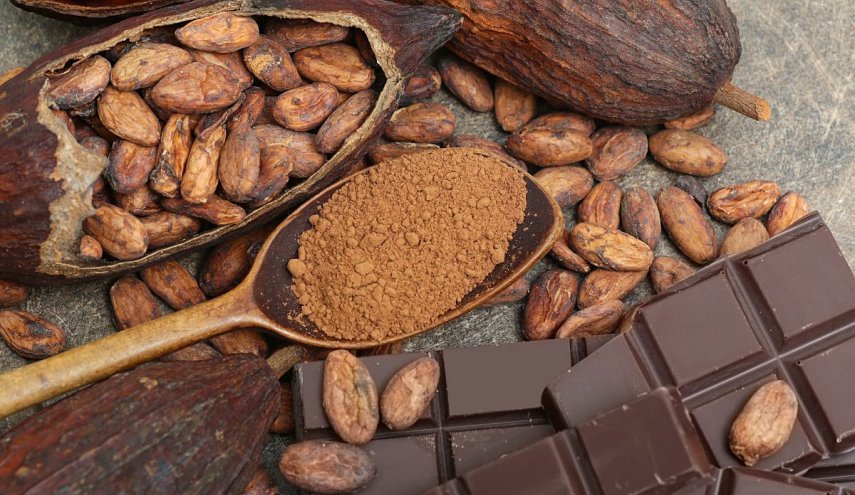Climate Change Threatens Cocoa Farming: A Looming Disaster
Climate change has repeatedly pushed temperatures above critical thresholds in the cocoa belt of West Africa over the past year, significantly impacting the cocoa crops that supply the world’s chocolate, according to a report released on Wednesday.
In 2024, temperatures exceeded 32°C for more than six weeks in 71% of the farms studied, due to human-induced global warming, as confirmed by researchers from the independent research center “Climate Central.” When temperatures surpass this optimal growth threshold for cocoa trees, it adversely affects photosynthesis, increases water stress on plants, leading to flower wilting and smaller plant sizes.
The report also highlighted that climate change contributes to exceptional rainfall and increased pest infestations, both of which undermine production and lead to unprecedented price spikes.
This trend is particularly noticeable in Ivory Coast and Ghana, the world’s top cocoa producers.
The report, based on ten years of data from 44 regions across four countries and using simulation models, noted that cocoa trees in Ivory Coast, for example, would have faced half as many extreme temperature days without human-caused greenhouse gas emissions.
Ivory Coast also experienced a 40% increase in rainfall above the norm in July 2024, flooding fields when they should have been drying, while December saw little to no rain when it was crucial for the start of the farming season.
In a separate report released on Wednesday, the UK-based NGO Christian Aid expressed concern over the increasing damage to cocoa farmers due to climate change impacts. Osai Ojigbo, Campaign Director at Christian Aid, stated, “Cocoa is a vital livelihood for many of the world’s poorest, and climate change, driven by human activities, poses a grave threat.”
The decline in crop yields has led to a significant price surge since late 2023 in both London and New York markets. Cocoa prices peaked at over $12,500 per tonne on December 18 in New York, and even with the approach of Valentine’s Day, prices remained above $10,000. Prior to these increases in 2023, cocoa had been trading between $2,000 to $3,000 per tonne for over a decade.
Researchers noted that temperatures above 32°C are now being recorded more frequently in this region, which accounts for 70% of global cocoa production, especially during the main growing season from October to March.
This article underscores the urgent need for adaptive measures in cocoa farming to mitigate the harsh impacts of climate change, ensuring the sustainability of chocolate supply and the livelihoods of millions dependent on this crop.




